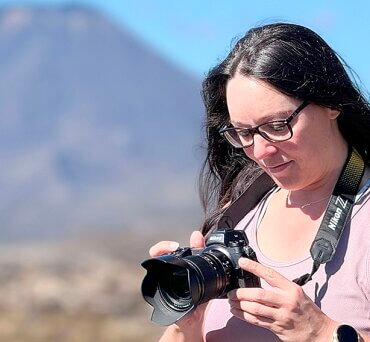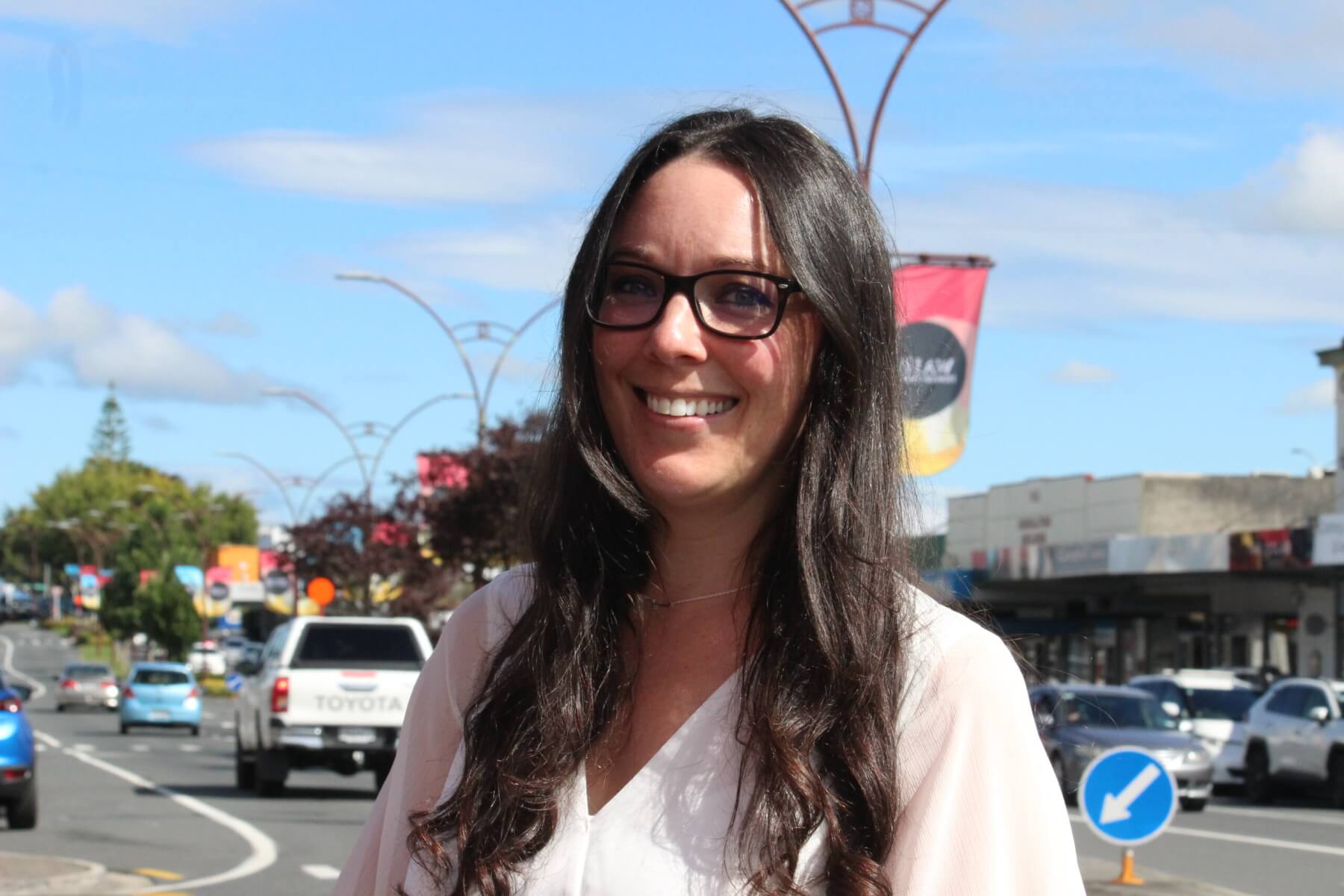
Janine Krippner
“When it comes up it’s already too late” I hear as I listen to US news focused on Hurricane Milton as it moves towards Florida, towards the areas under so much stress from Hurricane Helene. They are talking about storm surge, the water that was forecast to reach anywhere up to 3.6 metres in the Tampa area prior to landfall.

Janine Krippner
Last week I shared some of what my friend Danni was going through during and after Helene, I have been speaking with her daily as she has been picking through the ruins of her belongings, the mementos of her life so far. Then Milton rapidly grew in the Gulf of Mexico and quickly became a horrific storm. Now the abundant piles of belongings and debris including furniture, bits of buildings, and tree branches, are at risk of becoming damaging projectiles. Cleaning up before Milton hits became an absolute priority.
While the winds are certainly dangerous, the greatest threat to life is storm surge. They say to run from the water and hide from the wind.
Storm surge is water being blown on land by the high winds of the hurricane and is the rise of water on top of the normal tide. The total water level is the tide, storm surge, input from heavy rainfall, and the waves. High water might not sound that scary, but it is. This is a lot of water paired with a lot of wind, and there can also be deadly rip currents. It is also important to remember that it doesn’t take much water to sweep you off your feet or cause damage. We should take action with any level of expected surge.
On top of this, this water is not clean. Fema (the USA Federal Emergency Management Agency) lists “sharp objects, sewage, bacteria, chemicals, diseased insects, and animals” posing health and safety risk in floodwater. Water that soaks into homes, carpet, and furniture.
Drowning in storm surge is the leading cause of death during hurricanes in the United States, flooding from heavy rain is the second. The death toll from Hurricane Helene is well over 200 so far. The death toll does not measure the devastation, trauma, and great loss inflicted during these events.
We have been reminded that Aotearoa is not immune to hurricanes, called ‘tropical cyclones’ in this part of the world. It is important to watch these events so we can use these lessons. This includes how the storm impacts cities and towns, how technology is impacted (like lithium-ion batteries catching fire after saltwater inundation), how they impact the environment, and how people respond.
There is a lot to be said for the human aspect. Do people evacuate? Can people evacuate? What aspects made it more difficult to take the actions they need to? Misinformation is a huge issue with Hurricane Milton, with the chief of Fema saying, “It’s absolutely the worst that I have ever seen”.
We all have a part to play the next time New Zealand is in this situation. Increasing our understanding of these events before we need it can hopefully help us all to spot misinformation, and to understand why we need to take recommended actions to help ourselves.

Janine Krippner








